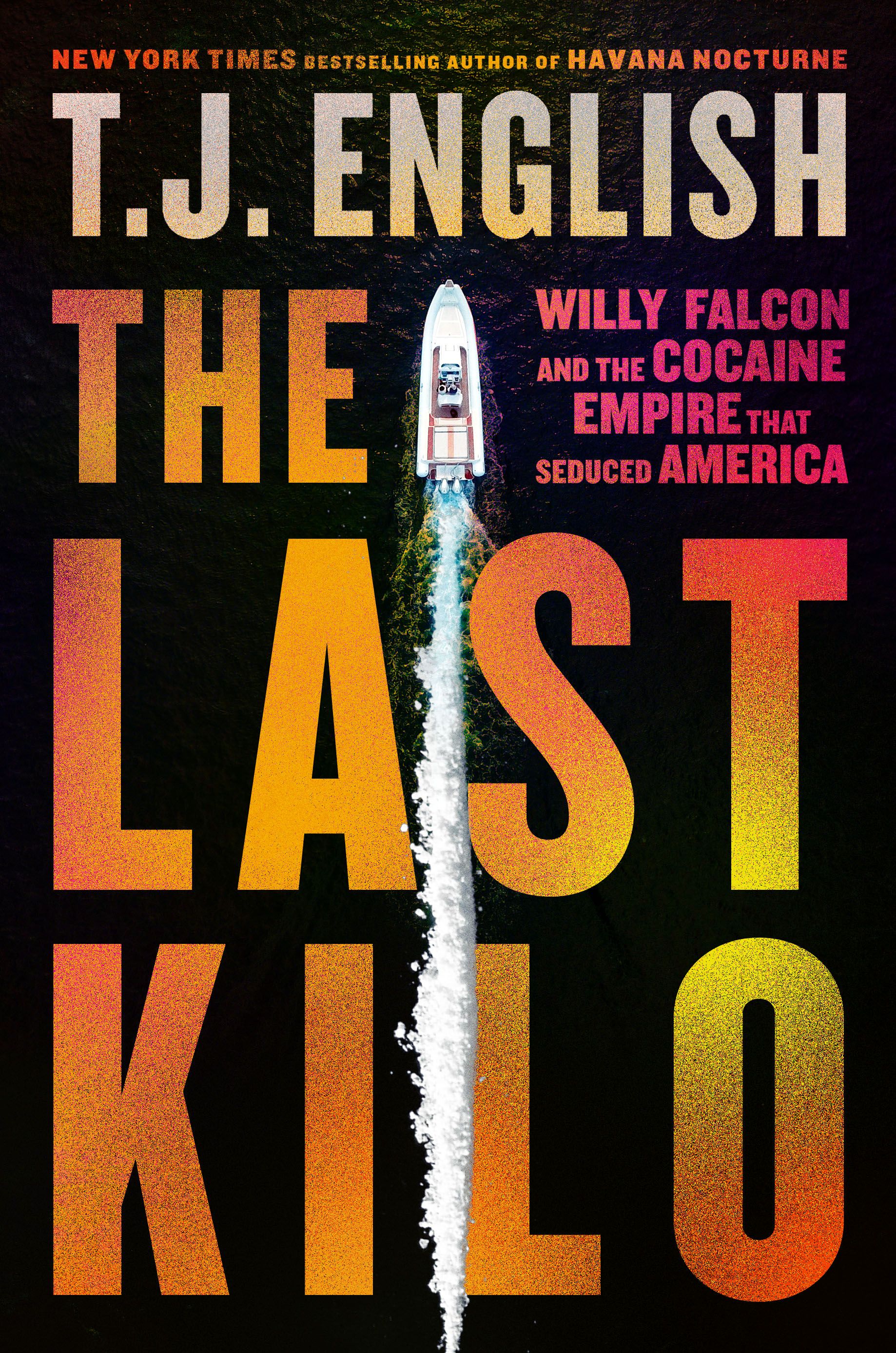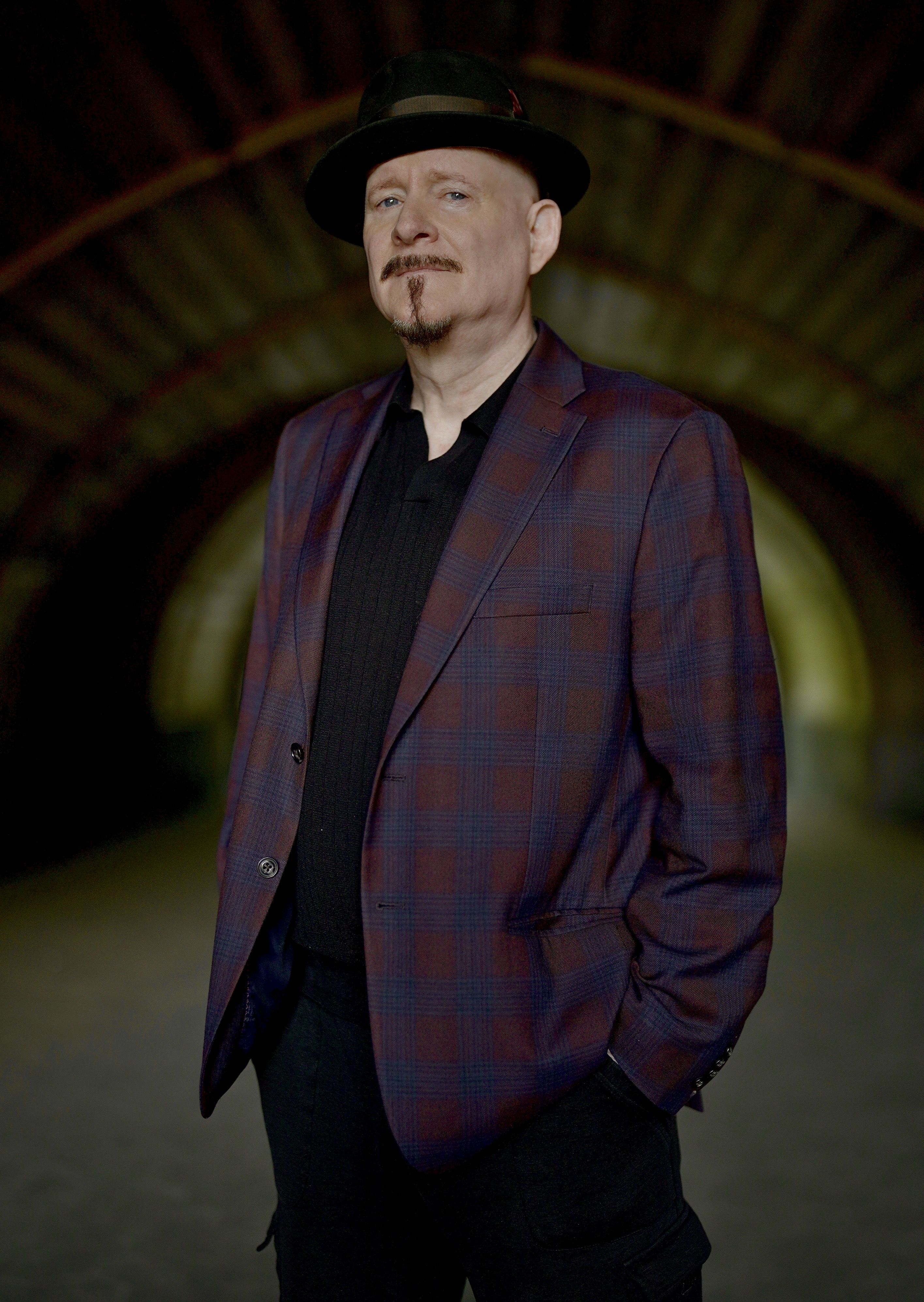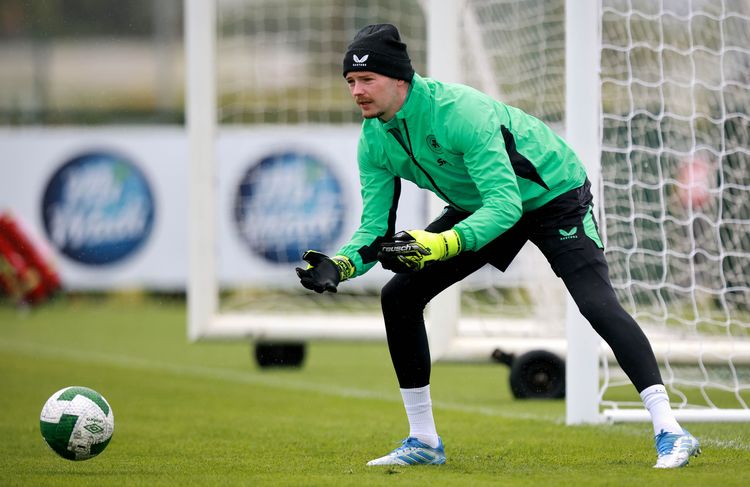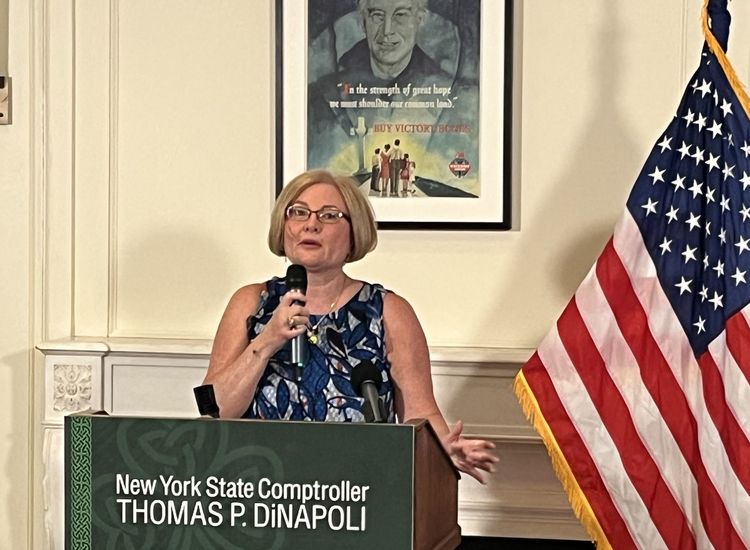One afternoon in late December 1983, Augusto Guillermo “Willy” Falcon and several members of his organization went to see the newly released “Scarface.”
The Miami-based men were on their annual trip to Las Vegas with their wives and girlfriends, and other colleagues from their group. Its climax each year was a massive New Year’s Eve party at Caesars Palace Hotel and Casino.
The group’s members, whose illicit drug business was raking in millions of dollars, wanted to be entertained on their trip, and entertained they certainly were, by the movie. Up until that point, nobody in the Cuban exile community, from respectable officialdom to the criminal underworld, would have anything to do with the “slanderous” project, which, as a result, had to be shot in Los Angeles rather than Miami.
“They hooted and hollered during the outlandish depictions of cocaine violence and mayhem,” T.J. English writes in his 10th book. “They laughed at Al Pacino’s thick Marielito accent. The movie was so cartoonish in its attempts to dramatize the cocaine business – but with enough verisimilitude that the Boys were able to identify with it—that they were even flattered.”
The author told the Echo, “‘The Last Kilo’ is a non-fiction account of the cocaine era of the 1980s, from the point of view of some Cuban exiles, known as Los Muchachos [or ‘the Boys’ as referred to above], who created the distribution system for cocaine in the United States, and the agents and prosecutors who brought them down.
“The book aspires to be the definitive account of this era, a deep dive into the cultural ascendency of cocaine and the cocaine business's corrupting effect on law enforcement and politics in North and South America,” said English, a co-founder and former president of Irish American Writers & Artists.
Two years before the release of “Scarface,” a Time magazine cover story described cocaine as the “drug of choice for perhaps millions of solid, conventional and often upwardly mobile citizens.”
Among the positives were: “No hangover. No physical addiction. No lung cancer.”
“They were the deliverers of good times,” English says of the drug’s importers and distributors, “at least until the downside of persistent cocaine use became apparent: delusions of grandeur, psychological addiction, financial ruin.”
Before the authorities caught up with them, Los Muchachos had smuggled in hundreds of tons of cocaine over a 15-year period with an estimated street value of $50 billion in today’s money, which if had been a legally traded commodity would have dominated the New York Stock Exchange.
The author’s most important source is none other than Willy Falcon himself. English interviewed him “extensively from March 2021 – four years after he was released from having served 27 years in federal prison – to September 2023, when the manuscript was completed,” according to his introduction in “The Last Kilo.”
Falcon’s partner, Salvador “Sal” Magluta, is unavailable for comment, as he’s “serving a 195-year sentence on cocaine trafficking, obstruction of justice and money-laundering charges, the same charges that ensnared Falcon back in the 1990s.”
They’d often been portrayed almost as “Cuban exile Siamese twins” – “high school dropouts,” “champion powerboat racers,” “anti-Castro-activists,” “Cuban playboys,” “narco traficantes.”
“In the end they had separate stories to tell,” writes English, the owner of a jazz recording label called Dangerous Rhythms and formerly the producer of a Latin Jazz series of concerts in New York City, which he hopes to do again.
Willy Falcon’s version is particularly valuable as he was there at the beginning.
“He’s the one who commenced the cocaine business as part of the clandestine movement to destabilize the government of Fidel Castro, so that Cuban exiles in Miami might reclaim their country,” the author says of Falcon, who came to the U.S. with his family as an 11-year-old in 1967. “He is the one who brought together the key players who composed what would arguably be the most efficient cocaine importation and distribution network the United States has ever seen.”
But Los Muchachos, English writes, “did not pull out chain saws, à la ‘Scarface.’” The narcosphere did involve violence – lowly street dealers used it and so did Pablo Escobar. “And yet, the example of Los Muchachos suggests that it was possible to succeed at a high level without a reputation for murder – especially if your forte was importation and distribution, not dog-eat-dog entrepreneurship at the retail level.”
Violence, the Falcon story shows, was not the dominant characteristic of the cocaine business.

“It was corruption,” English writes. “Dirty cops, agents, lawyers, judges, and politicians feeding off the profits of the narcosphere is what made the world go round.”
“The Last Kilo” has received excellent reviews.
"T.J. English deploys a detective's eye for crime and a novelist's skill for narrative,” wrote, for example, Miami Herald staff writer and Pulitzer Prize finalist Jay Weaver.
The Wall Street Journal’s reviewer said that English’s “access was extraordinary, with such granular details that readers may feel like they're walking in Falcon's incredibly expensive shoes."
“Engrossing true crime” was Kirkus Reviews’ summary, while Publishers Weekly commented that the narrative “moves at a brisk clip, with all the glamor and betrayal of top-notch crime fiction. Readers will be rapt.”
T.J. English
Date of birth: Oct. 6
Place of birth: Tacoma, Wash.
Residence: New York City and Albuquerque, N.M.
Published works: “The Westies,” “Born to Kill,” “Paddy Whacked,” “Havana Nocturne,” “The Savage City,” “Whitey's Payback,” “Where the Bodies Were Buried,” “The Corporation,” “Dangerous Rhythms,” “The Last Kilo,” “Blood in the Desert” (2026).
What is your writing routine? Are there ideal conditions?
I try to write every day. If I am not deep in the soup on a project, I am developing projects as potential journalism articles or book subjects. I am thinking, researching and/or writing every day. Writing takes place at a desk, but the thinking part is facilitated by long walks along the Hudson River on the West Side of Manhattan, usually at night. The ideal conditions are to be sober, wide awake and alive to the most fevered imaginings and insights that your psyche will allow.
What advice do you have for aspiring writers?
It's really simple: write every day. Never take ideas or concepts (especially political) at face value. Question everything.
Name three books that are memorable in terms of your reading pleasure.
“The Adventures of Huckleberry Finn” by Mark Twain, “The Butcher Boy” by Patrick McCabe, “Fear and Loathing in Las Vegas” by Hunter S. Thompson. Not necessarily my favorite books, but favorites in terms of "reading pleasure."
What book are you currently reading?
“ James” by Percival Everett. Extraordinary. A novelized reimagining of "Jim," Huck Finn's African American sidekick who accompanies him on his river journey.
Is there a book you wish you had written?
I felt that way about “Say Nothing” by Patrick Radden Keefe and also “Killers of the Flower Moon” by David Grann. Both great books and great writers.
Name a book that you were pleasantly surprised by.
“Chaos” by Tom O'Neill, his mind-blowing account of the Charlie Manson story. My thinking was, how could anyone write anything new on this subject? Well, I had a lot to learn, which I accomplished thanks to Tom O'Neill and his decades-long commitment to this story.
If you could meet one author, living or dead, who would it be?
Fyodor Dostoyevski. More than any other individual, his work shaped my world view. I have so many questions to ask him.
What book changed your life?
“The Executioner's Song” by Norman Mailer. First made me realize that a non-fiction book can and should be as imaginative, creative and steeped in story-telling technique as any fictionalized novel. It motivated me to pursue this path.
What is your favorite spot in Ireland?
Two spots in Donegal -- Buncrana and Glencolumbkille. On those rare days when the clouds lift, those places are like heaven on earth.
You're Irish if...
You always root for the underdog.







